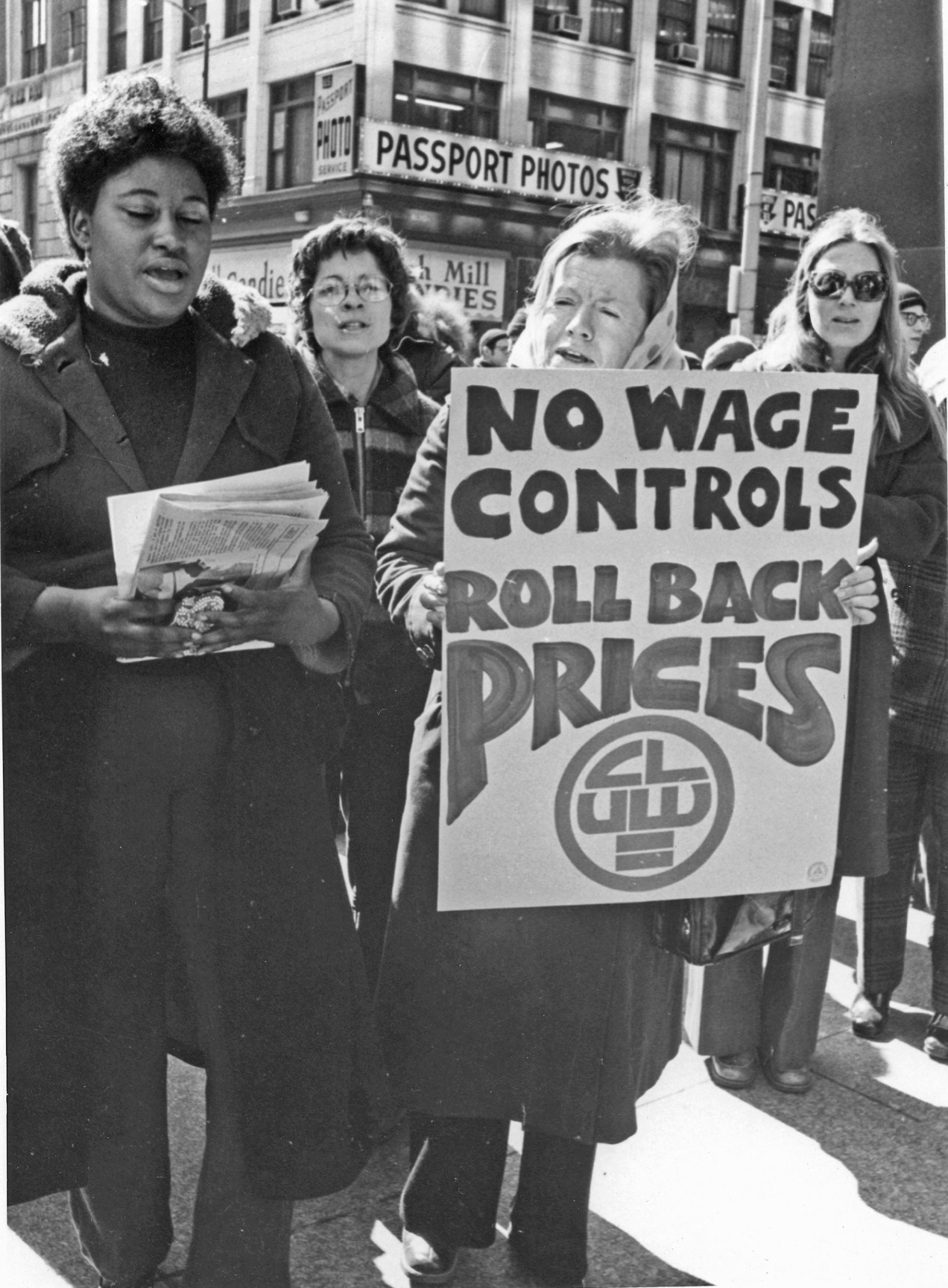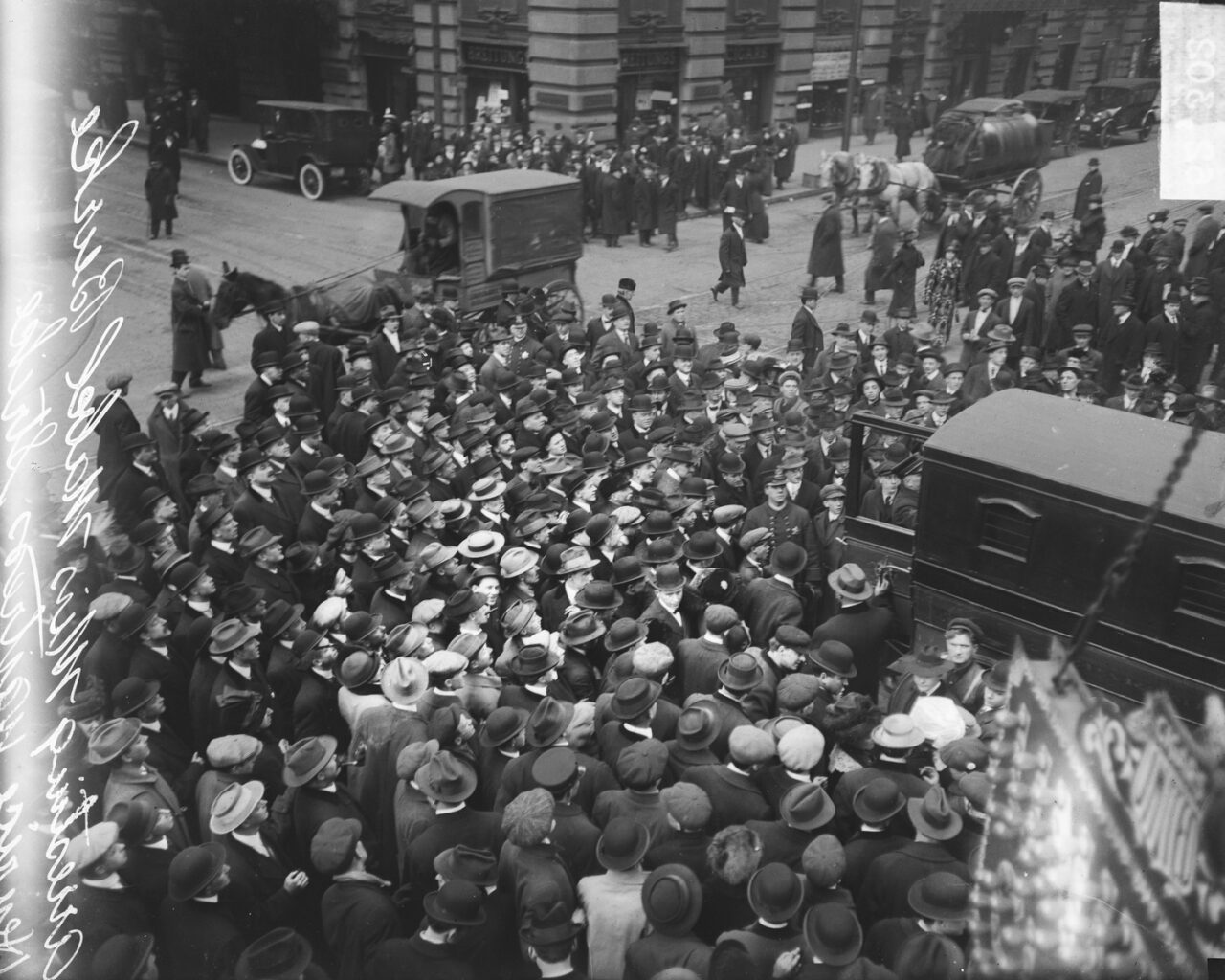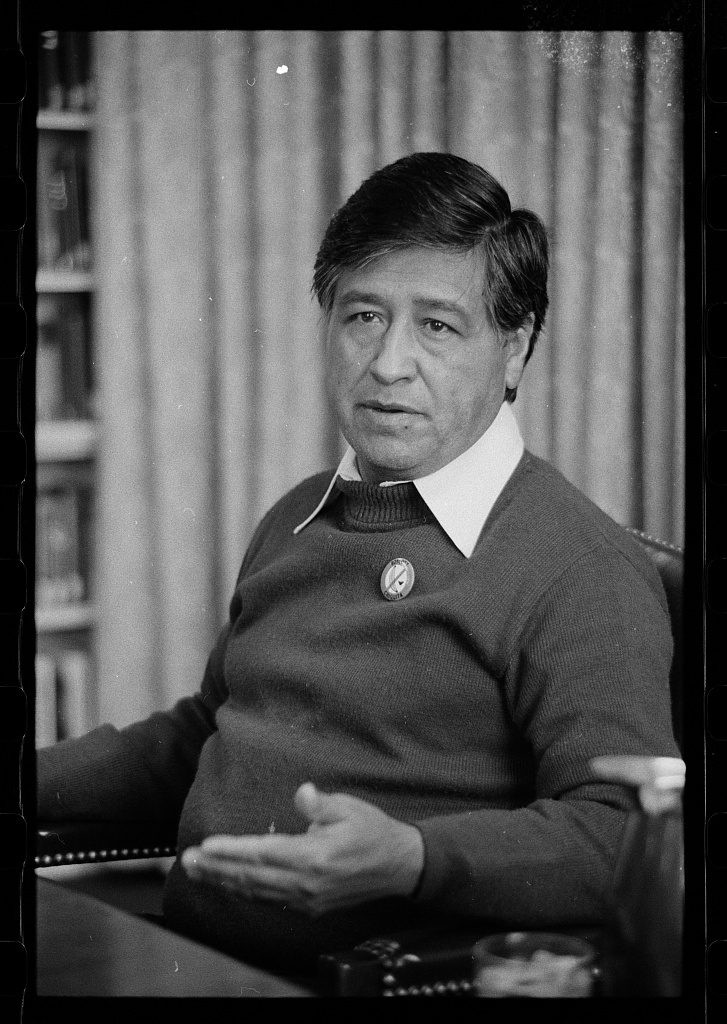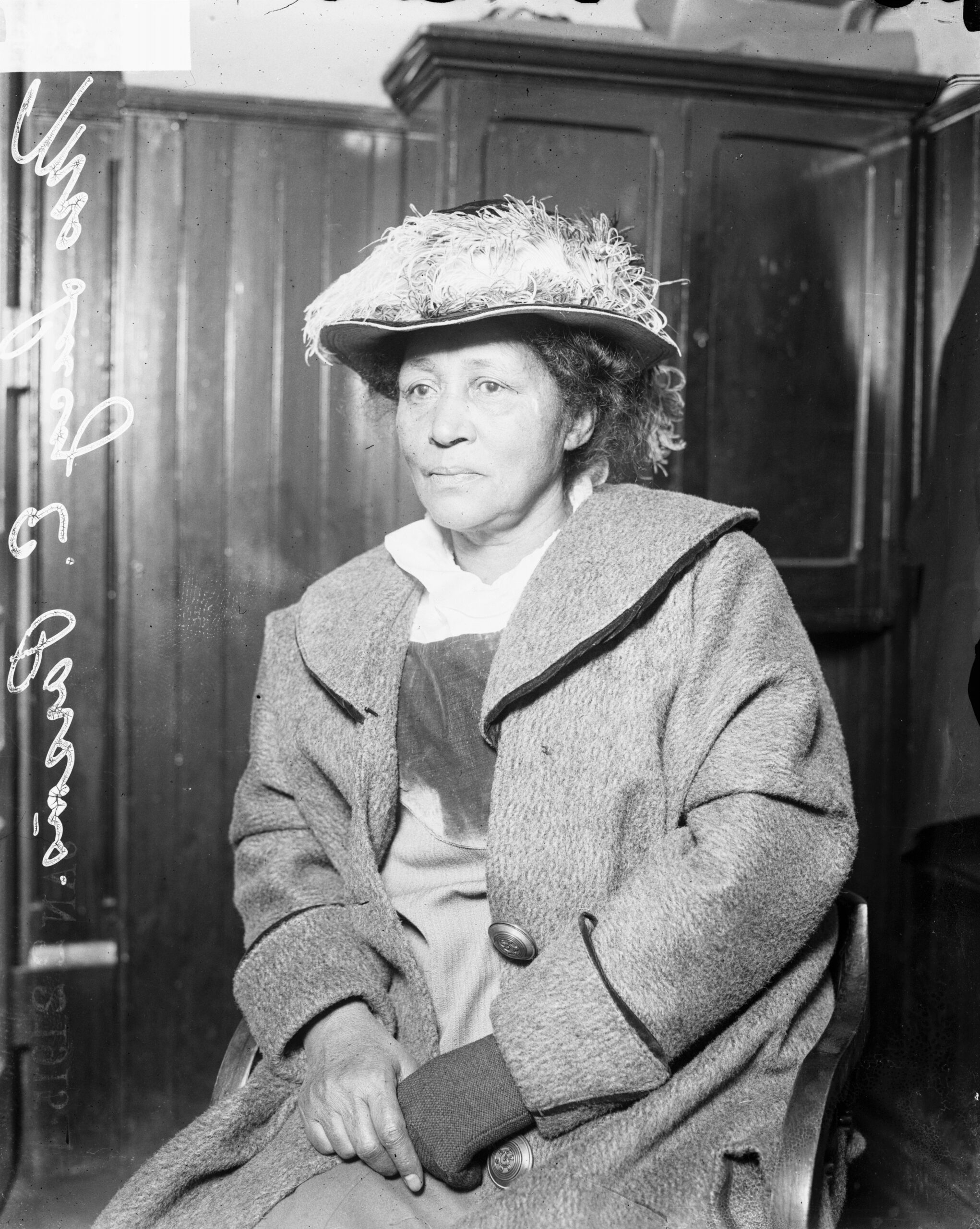“In all of the major struggles and minor struggles of the organized labor movement, even though history doesn’t always record it, women were there.” —Reverend Addie L. Wyatt

Group of Coalition of Labor Union Women picketers in Chicago, c. 1975. CHM, ICHi-039912
On this day in 1974, the Coalition of Labor Union Women (CLUW) was formed at a founding conference held in Chicago and attended by more than 3,000 union women from around the country. The CLUW sought to organize and empower women by increasing their participation in unions, advance workplace fairness, promote affirmative action, and ensure working women’s voices in the political process.
The formation of the CLUW came about in June 1973 at a meeting of women union leaders, including Olga Madar (the CLUW’s first president) of the United Auto Workers and Chicago’s Addie L. Wyatt of the United Food and Commercial Workers. They had gathered to discuss forming a new group within the American Federation of Labor and Congress of Industrial Organizations (AFL-CIO) that specifically gave women a voice in economic issues.
Wyatt battled intersecting gender, racial, and economic injustices throughout her life. Born in Mississippi on March 8, 1924, she and her family moved to Chicago in 1930. She started working as a meatpacker in 1941 and quickly became involved with the United Packinghouse Workers of America union. In the 1960s, she campaigned for Black voting rights in the South and fair housing in Chicago, serving on the action committee of the Chicago Freedom Movement.
Wyatt was also a founding member of the National Organization for Women and supported the Equal Rights Amendment. As a union leader, she fought racial and gender-based workplace discrimination. In 1976, she became international vice president of the United Food and Commercial Workers, making her the first African American woman to hold a leadership position in an international union.
Read more about women’s labor activists in our online experience, Democracy Limited: Chicago Women and the Vote.


